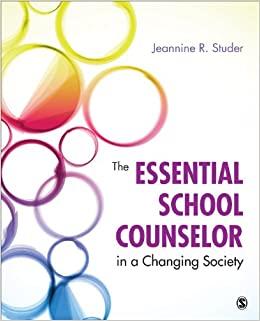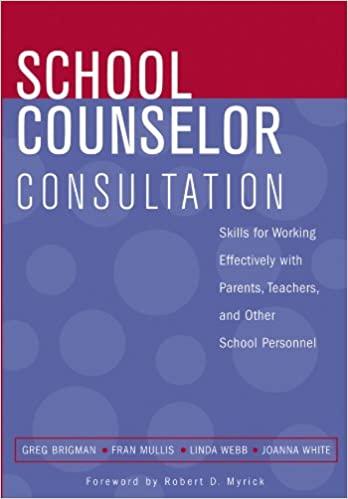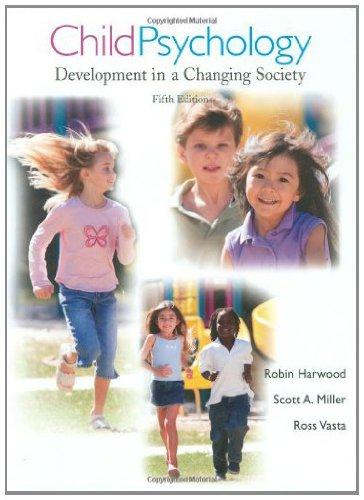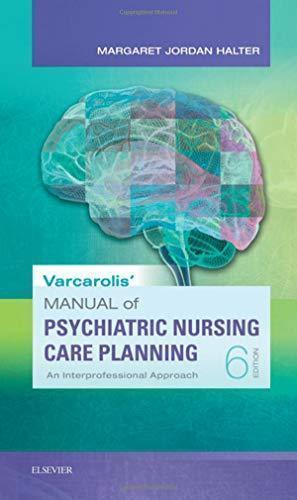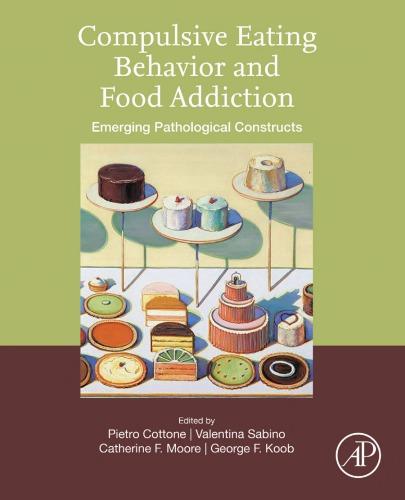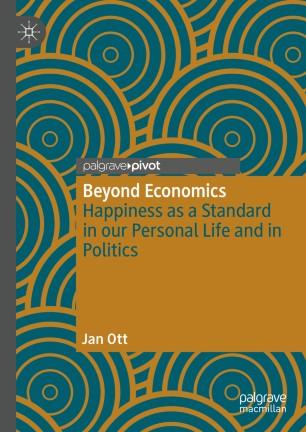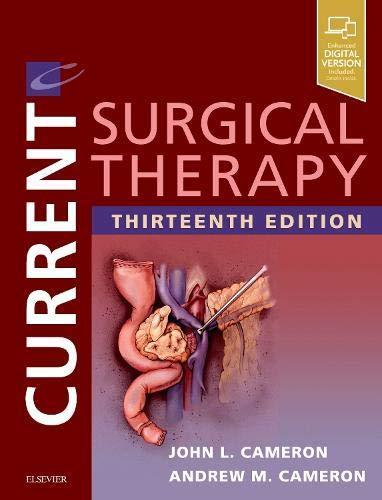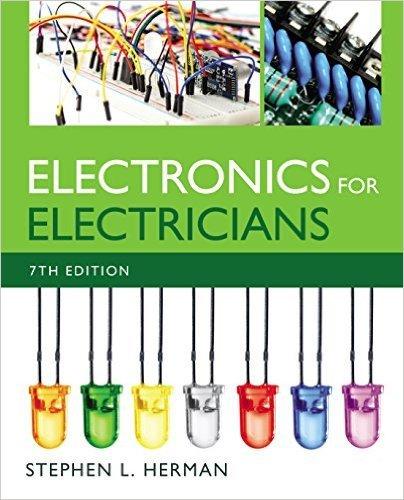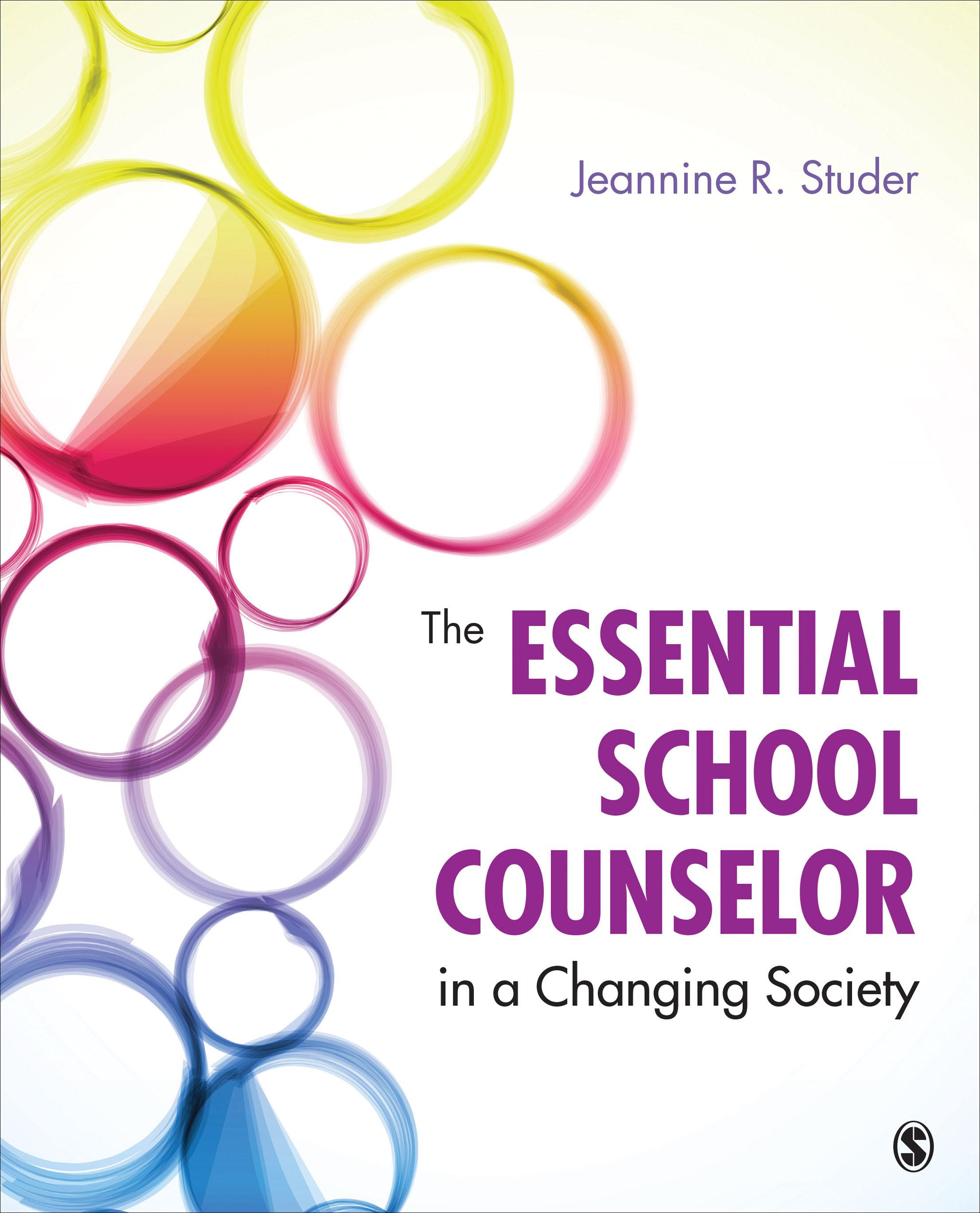https://ebookmass.com/product/the-essential-school-
Instant digital products (PDF, ePub, MOBI) ready for you
Download now and discover formats that fit your needs...
School Counselor Consultation: Skills for Working Effectively with Parents, Teachers, and Other School Personnel
https://ebookmass.com/product/school-counselor-consultation-skillsfor-working-effectively-with-parents-teachers-and-other-schoolpersonnel/
ebookmass.com
Your Health Today: Choices in a Changing Society 8th Edition Michael Teague
https://ebookmass.com/product/your-health-today-choices-in-a-changingsociety-8th-edition-michael-teague/
ebookmass.com
Child Psychology: Development in a Changing Society, 5th Edition 5th Edition, (Ebook PDF)
https://ebookmass.com/product/child-psychology-development-in-achanging-society-5th-edition-5th-edition-ebook-pdf/ ebookmass.com
iPhone Portable Genius Paul Mcfedries
https://ebookmass.com/product/iphone-portable-genius-paul-mcfedries/
ebookmass.com
Varcarolis’ Manual of Psychiatric Nursing Care Planning: An
https://ebookmass.com/product/varcarolis-manual-of-psychiatricnursing-care-planning-an/
ebookmass.com
Compulsive eating behavior & food addiction: Emerging pathological constructs 1st Edition Pietro Cottone
https://ebookmass.com/product/compulsive-eating-behavior-foodaddiction-emerging-pathological-constructs-1st-edition-pietro-cottone/
ebookmass.com
Beyond Economics: Happiness as a Standard in our Personal Life and in Politics 1st ed. Edition Jan Ott
https://ebookmass.com/product/beyond-economics-happiness-as-astandard-in-our-personal-life-and-in-politics-1st-ed-edition-jan-ott/
ebookmass.com
Current Surgical Therapy 13th Edition
https://ebookmass.com/product/current-surgical-therapy-13th-edition/
ebookmass.com
eTextbook 978-1305505995 Electronics for Electricians
https://ebookmass.com/product/etextbook-978-1305505995-electronicsfor-electricians/
ebookmass.com
Quality Concepts for the Process Industry 2nd Edition, (Ebook PDF)
https://ebookmass.com/product/quality-concepts-for-the-processindustry-2nd-edition-ebook-pdf/
ebookmass.com
Preface
School system seeking motivated, passionate individual who is flexible, has an exceptional ability to communicate, knowledge of collaboration through networking, and inordinate stamina to deal with the myriad job demands. Individuals seeking a school counseling position must have indepth knowledge of the school environment, extraordinary ability to teach classroom guidance lessons while maintaining classroom management, and outstanding individual and group counseling skills to work with students on academic, vocational, and personal/social concerns. Consultation skills, awareness of developmental stages of growth, and ability to advocate for change while demonstrating effectiveness of interventions are additional skills required for this position. The successful candidate must also have the skills to lead a comprehensive, developmental school counseling program while bringing about systemic change in which all students are able to access equal educational opportunities.
An enthusiastic, dedicated school counselor who advocates for the students with whom he/she works is one of the most vital, exciting, exhausting, life-altering positions in the school. As the invented job description illustrates in the example above, the school counselor has multiple roles to play in which a variety of skills and knowledge are necessary. As you begin your journey to enter the school counselor profession, consider your reasons for choosing this profession and the skills you possess that will assist you in successfully working with the many stakeholders who have a mutual interest in the development of school-age youth. The profession of school counseling is one that can be overwhelming, and emotionally and physically strenuous as we listen to students’ struggles, hear stories of gruesome living conditions, and try to understand how youth are able to cope despite deplorable life situations. It can also be one of the most rewarding professions when we are able to see that our work with students has contributed to new skill development and knowledge that have led to well-adjusted, confident adults. For

an example of how you are able to be a powerful force in each student’s life, read the following incident as relayed by an elementary school counselor.
A professional school counselor reminisced about one of his male 5th grade students, who faced difficult conditions but was eventually able to learn resiliency skills to achieve personal goals. The counselor explained that this young student lived with his single mother in a rough section of the small, rural town. The town had some gang activity with daily violence that caused the young man to develop anger issues, resulting in physical fights nearly every day. The counselor clarified that the student stated he did not like to fight but felt that if he did not stand up for himself, the situation would be worse because others would view him as a “wimp” and an easy target. The counselor listened empathically and explained to the student that although he lived in a tough setting, he had the choice of being a student while he was in school. This youth’s intelligence helped him meet his academic goals and during games of chess that the counselor used as a counseling strategy to engage the 5th grader, the counselor continually reinforced the boy’s progress toward his goals. By the end of the school year the student grew academically and socially due to the interest and time the school counselor invested in him.
The information in this book is intended to provide a comprehensive understanding of the role of the professional school counselor in a wide range of settings. The chapters are written to address the Council for Accreditation of Counseling and Related Educational Programs (CACREP) 2009 standards for school counseling in the foundation, counseling prevention, and intervention, diversity and advocacy, assessment, research and evaluation, academic development, collaboration and consultation, and leadership domains. Throughout this book I have addressed the knowledge, skills, and practices for each of the standards for school counselor trainees, in order to develop a greater understanding of the school counselor’s role and what successful practice in a school setting entails. Each domain and standard is indicated by a marginal icon within the various chapters through a didactic discussion, case studies, activities designed for K-12 students, and conceptual application activities to facilitate knowledge of self and the profession. In addition to the information included in this text, a companion website supplements these materials.
The increasing diversity of our education system is a reflection of how our school population has changed over the decades. School counselors are instrumental in contributing to a safe, respectful school environment with a culture of appreciation for differences. In addition, social justice principles serve as a basis for designing, implementing, and evaluating strategies, programs, and policies to promote egalitarian practice. As school counselors, we strive to ensure that all students have access to opportunities that enhance academic, vocational, social, and personal success. Too often school counseling students are educated about
multiculturalism and social justice in individual courses with little understanding of how these areas are infused in all aspects of our professional obligations. Therefore, I have addressed these issues throughout each of the chapters, integrating relevant concepts with theories and ideas applicable to the school counselor’s profession.
For School Counselors-in-Training: As you read the materials in this book, take time to read and reflect on your reasons for entering the school counseling profession. Did you choose this profession because you had a school counselor who was instrumental in helping you improve your grades or assisting with your post-secondary plans? Perhaps this person was significant in supporting you when you were having difficulties in your personal life. Did you choose this profession because you wish you had had someone in your school who was able to provide the help you needed during troubled times in your life? These are exciting times to be a source of support in the schools and make a difference in the lives of preK–12 students in various capacities. The conceptual application activities included throughout the book are designed to promote a greater understanding of yourself and the profession. Student activities in the chapters are provided to assist you in applying theory as you work with school-age youth.
Your education does not end when you leave your training program. This is just the foundation for the skills and knowledge you will need to work with youth in the 21st century. Be aware that as a novice school counselor, you will be asked to perform the same tasks with the wisdom that experienced practitioners enjoy. This expectation may seem unreasonable, but nevertheless there is a belief that you will leave your training program with the same skills and knowledge as those who have been in the profession for many years. Don’t hesitate to consult with your experienced colleagues, join your professional organizations, read counseling literature, take a leadership position to advocate for our profession, and most important of all, take care of yourself as you enter this inspiring, yet exhausting profession.
For Counselor Educators. The materials in this book provide foundational information for students entering the school counseling specialty area. The chapters were written by school counselors for school counselors-in-training and contain practical advice, case studies, self-reflection activities, resources, student activities, and valuable websites. Several chapters were written to supplement some of the free-standing courses in the counseling curriculum with the intention of specifically applying concepts that are school-specific. For instance, Chapter 5—The School Counselor as a Group Leader and Facilitator is not intended to replace a course on group work, but rather to provide school counselor trainees specific group concepts that relate to a school setting. Likewise, Chapter 8—The School Counselor and Career Counseling, supports the knowledge of school
counselors-in-training through in-depth discussions of school-related career activities, websites, and resources.
This book is divided into three sections: “Foundations of School Counseling,” “Counseling, Intervention, and Prevention,” and “Enhancing Academics through a Positive School Culture.” A description of the chapters in each section follows.
SECTION I. FOUNDATIONS OF SCHOOL COUNSELING
Pearl Buck wrote, “if you want to understand today, you have to search yesterday.” School counselors who are preparing to work with school-age youth have knowledge of the school counselor pioneers who paved the path for school counseling in the 21st century. As you read chapter 1 you will find that some of the same challenges our predecessors confronted are still troubling the profession today, although the American School Counselor Association (ASCA) has taken significant steps in supporting school counselors at all levels. The chapters in this section provide an integrated base for the roles and responsibilities of the school counselor and the movements that led to the profession it is today.
Chapter 1—From Guidance Worker to Professional School Counselor
Chapter 2—The School Counselor and Ethical and Legal Issues
Chapter 3—Comprehensive and Developmental School Counseling Programs
Chapter 4—The School Counselor’s Role in Assessment and Research
Chapter 1 From Guidance Worker to Professional School Counselor
In this chapter the history of the school counseling profession, with attention to the early school counselor pioneers and counselor identity, is discussed. The characteristics of effective counselors, credentialing, professional organizations, state models, and predictions for the future of school counseling are examined.
Chapter 2 The School Counselor and Ethical and Legal Issues
School counselors often have difficulty making professional decisions, particularly when legal and ethical issues collide. A decision-making model is provided in this chapter with attention to moral decision-making principles. The ASCA ethical standards are summarized and applied to vignettes that relate to each of the standards.
Chapter 3 Comprehensive and Developmental School Counseling Programs
Michael Bundy
This chapter is written to supplement the information within the ASCA National Model—3rd edition (2012). The foundation, management, delivery services, and accountability components, in addition to the integral themes of advocacy, leadership, collaboration, and systemic change are discussed.
Chapter 4 The School Counselor’s Role in Assessment and Research
The importance of accountability in the schools including program, school counselor competencies and assessment, and the use of needs assessments to determine program goals are highlighted in this chapter. Action-based research and other evidence-based strategies for assessing program effectiveness are also summarized.
SECTION II. COUNSELING, INTERVENTION, AND PREVENTION
Vocational guidance was the catalyst behind the school counseling profession, and throughout the ensuing years career planning and development remain a critical component of the school counselor’s role. Throughout the decades school-age youth brought personal and social issues into the school environment, and school counselors responded to these concerns through group, individual, and crisis counseling to mediate the negative influences that impact personal growth and learning.
Chapter 5—The School Counselor as a Group Leader and Facilitator
Chapter 6—Individual Counseling in the School Environment
Chapter 7—The School Counselor’s Role in Crisis Counseling
Chapter 8—The School Counselor and Career Counseling
Chapter 5 The School Counselor as a Group Leader and Facilitator
Tara Jungersen & Carolyn Berger
School counselors provide group counseling in the school milieu. The authors of this chapter provide an overview of group work in schools with specific strategies and considerations for implementing groups.
Chapter 6 Individual Counseling in the School Environment
The school counselor has the skills and training to provide individual counseling to school-age youth. Motivational interviewing is viewed as a “front-loaded” intervention used with all theoretical approaches. Popular common counseling theories counselors adapt in school settings are summarized in addition to the use of creative arts in counseling.
Chapter 7 The School Counselor’s Role in Crisis Counseling
The various types of crises are examined as are the various cognitive, emotional, and behavioral responses to these events. A crisis intervention model that school counselors are able to implement for work with youth in crisis is summarized. In addition, specific crises such as youth living in poverty, child abuse and neglect, substance use and abuse, homelessness, youth who self-harm, bullying, and suicidal ideation are discussed.
Chapter 8 The School Counselor and Career Counseling
Aaron H. Oberman
In this chapter school counselor roles and responsibilities related to careers are discussed and sample activities and websites for use with K-12 youth are given. In addition, this chapter contains suggestions for writing letters of recommendations as well as career planning strategies to use with diverse students and their families. Finally, a glimpse of future career trends is offered with attention to the impact of technology.
SECTION III. ENHANCING ACADEMICS THROUGH A POSITIVE SCHOOL CULTURE
The school counselor is an integral part of the academic mission of the school, and a collaborative partner in creating a safe, trusting academic environment for all students to develop to their fullest extent. The effective school counselor has an awareness of child and adolescents’ developmental stages, needs, and tasks. A multiculturally aware school counselor has a responsibility to self-assess awareness, knowledge, and skills to assist all youth and their families. Advocating for diverse youth and their needs in addition to collaborating and consulting with stakeholders provides an enriched, respectful academic culture that enhances the development of students regardless of differences.
Chapter 9—The School Counselor’s Role in Academic Achievement
Chapter 10—Developmental and Multicultural Issues of School-Age Youth
Chapter 11—The School Counselor as an Advocate and Leader
Chapter 12—The School Counselor as a Consultant and Collaborator
Chapter 9 The School Counselor’s Role in Academic Achievement
Deborah Buchanan
This chapter provides an overview of the school system including the culture and climate, professional learning communities, and improving academic achievement through guidance delivery. Learning styles, classroom management, developing lesson plans, and peer programs are discussed.
Chapter 10 Developmental and Multicultural Issues of School-Age Youth
Developmental theories guide school counselors as they work with diverse students. Attention is given to students with special needs, English-language learners, students who are gifted, those with mental health disorders and disabilities, and students who are a sexual minority.
Chapter 11 The School Counselor as an Advocate and Leader
Advocacy and leadership are essential school counselor tasks to reach all students and their families. Advocacy models, characteristics of effective leaders, and strategies for communicating with school principals about the vital role of the school counselor are included in this chapter.
Chapter 12 The School Counselor as Consultant and Collaborator
In this chapter the various consultative models and collaborative strategies, including Response to Intervention and School-wide Positive Behavioral Intervention and Supports, are discussed with attention to multiculturalism. In addition, working with families of students with special needs, grandparents raising their grandchildren, and working with military families are summarized.
From Guidance Worker to ProFessional school counselor
CACREP OUTCOME FOUNDATIONS
A. Knowledge
1. Knows history, philosophy, and trends in school counseling and educational systems.
4. Knows professional organizations, preparation standards, and credentials that are relevant to the practice of school counseling.
B. Skills and Practices
2. Demonstrates the ability to articulate, model, and advocate for an appropriate school counselor identity and program.
COUNSELING, PREVENTION, AND INTERVENTION
D. Skills and Practices
1. Demonstrates self-awareness, sensitivity to others, and the skills needed to relate to diverse individuals, groups, and classrooms.
5. Demonstrates the ability to recognize his or her limitations as a school counselor and to seek supervision or refer clients when appropriate.
Counseling reached its “adolescence” in the early 1960s and achieved a central perspective and direction. . . . The counseling profession is now being deluged by numerous forces calling for a more mature response than in an adolescent period . . . the central issue for the counseling profession today—that is, how do we best maintain hard-fought gains while moving further up the ladder of development? (Aubrey, 1983 p. 78.)
The profession of school counseling is one that has a relatively short history compared to many other occupations. It is also one that is often misunderstood, despite the American School Counselor Association’s (ASCA) efforts to define and advocate for the profession of school counseling. The ASCA (n.d.) states, “Professional school counselors have a minimum of a master’s degree in school counseling, meet the state certification/licensure standards, and abide by the laws of the states in which they are employed” (para. 2).
Yet we come in contact with individuals known as “credit counselors” and “weight loss counselors”; there is even a “car counselor” talk show that I recently listened to on the radio. Although these various occupations are important, many of these occupations do not require a college degree. The education and training of licensed professional counselors, and more specifically school counselors, may appear to be diluted by the use of the term ‘counselor’ for these other occupations. To assist in thinking about your career as a school counselor, complete Conceptual Application Exercise 1.1.
1. When you think of the school counselor you had when you were in school, what were some of the tasks this professional performed? What were some of the activities that your elementary school counselor performed? Middle school counselor? High school counselor?
2. Inter view three different people and ask them how they would describe the role of the school counselor. Share your responses with your classmates.
No doubt, you have received different opinions from each of the individuals you interviewed from the activity above. From these responses, are you able to explain the reasons that the school counselor is such a difficult profession to describe? Do these responses give you any insight as to how the profession evolved from its inception in the early part of the twentieth century to where it is
CONCEPTUAL APPLICATION EXERCISE 1.1
today? In the section below, read how guidance workers evolved into what are now known as professional school counselors. Note the historical trends that have influenced this profession and the tasks our predecessors assumed compared with the tasks that school counselors perform today. Vocational trends, individual and group counseling, testing, accountability, organizational structure, credentialing, and the formation of our school counseling professional organization, the American School Counselor Association (ASCA), are trends that have impacted our profession. These are discussed in the next section to assist in your understanding of how the profession has grown to what it is today. A summary of state school counseling programs and models, national and state credentials and requirements, counselor identity, and characteristics of successful school counselors are included, followed by predictions for the school counseling profession.
BOX 1.1 REFLECTIONS FROM THE PROFESSION
Counselors were asked to give their answers to what they believe is the most important part of their role as a school counselor. Answers include:
• Relationships, relationships, relationships. I believe showing students, families, and school staff my desire to help and encourage students every day is the basis of my job, which I love more and more the older I get!Sharon Earley, elementary school counselor
• The most important thing about my role as a school counselor is that I have the opportunity to make a difference in a child’s life every day. Even though I may never know if I have had an impact, I realize that for some children, I am an important resource that is absent in every other area of his or her life. Betty Anne Domm
• Relationship with the kids. It’s the foundation for all of the advocacy, change, and support I can offer them or the larger school community. Helping kids grow starts at knowing who they are; even the most resistant parent or teacher can tell the difference between “doing my job” and genuinely, honestly knowing his/ her child and trying to give the student the best you can offer. Amy Marshall
A HISTORICAL PERSPECTIVE
The Industrial Revolution is credited as the catalyst behind the school counseling profession. About 1890, the United States shifted from a rural to an urban society. Factories were built and families moved to urban areas for the new
occupations that were created (Herr, 2001), with a large number of immigrants entering our nation in search of better opportunities. With the rapid proliferation of industries, occupations emerged that had never existed before, which created a need to prepare workers for a changing, uncertain workplace. Yet adverse social circumstances accompanied industrialization, such as indentured child servitude and child labor. It was not uncommon for children to work 12–14 hours a day under dangerous, deplorable conditions and subjected to harsh forms of punishment by their employers. Many reformists lobbied for the abolishment of child labor, but regardless of these efforts employers preferred to hire child laborers because they were more manageable and cheaper. Some parents supported child labor because they believed this form of work built character and a work ethic, not to mention the income their children brought home (Solomon-McCarthy, 2012).
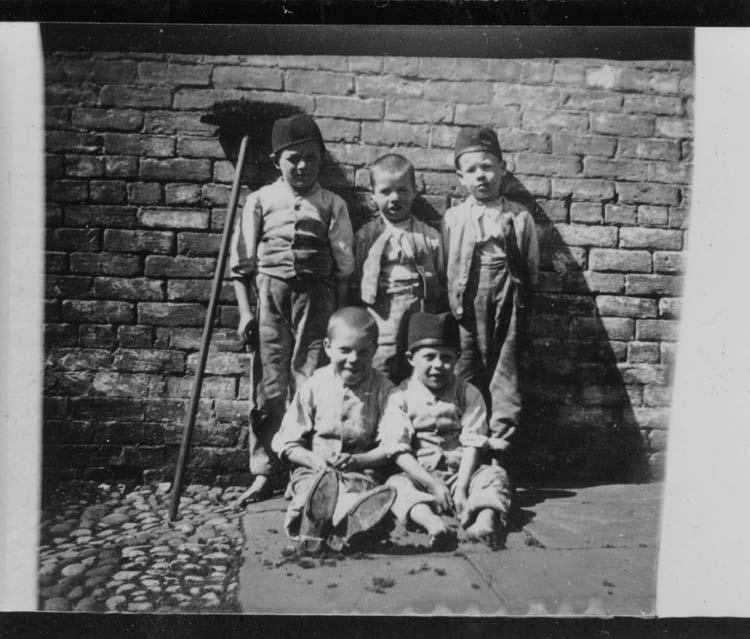
Photo 1.1 Children During the Industrial Revolution Source:

